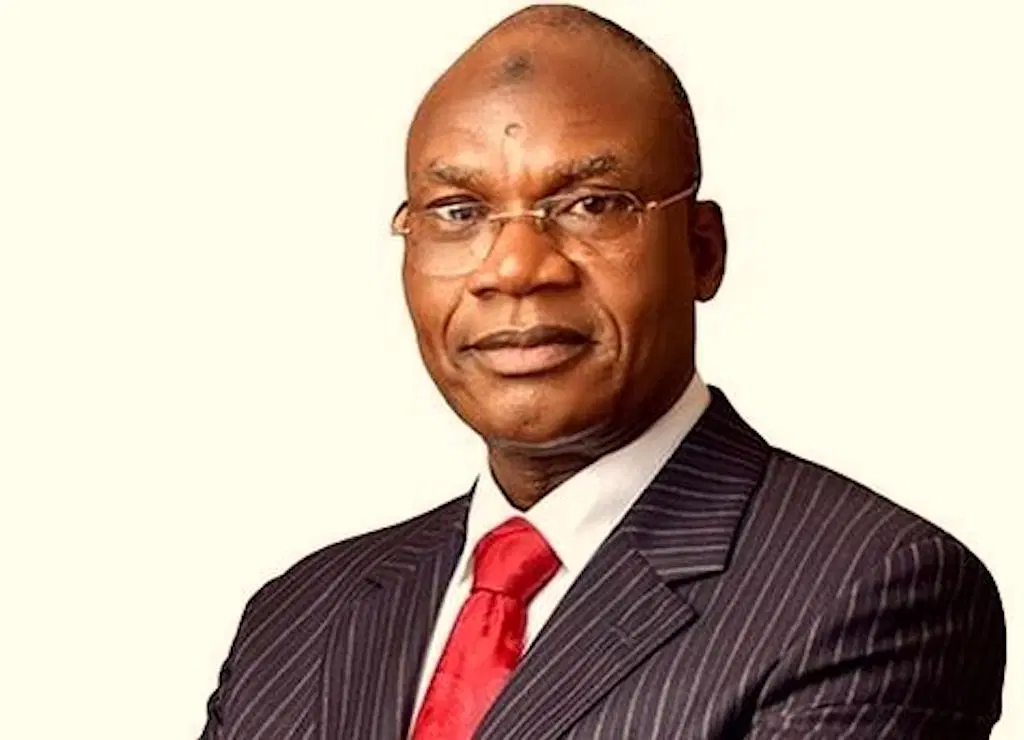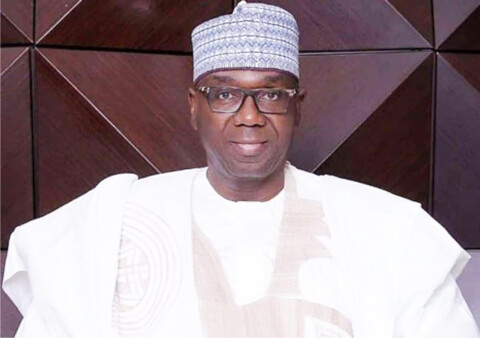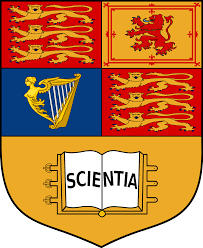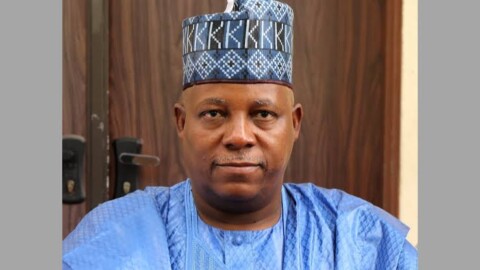The Federal Government of Nigeria has announced its plans to establish clear guidelines for the 18-year age limit for university admissions, following growing debates and concerns among parents and education stakeholders. The announcement was made by the Minister of Education, Prof. Tahir Mamman, during the 68th National Council on Education (NCE) meeting in Abuja. The move aims to provide more clarity on the new policy and address possible exceptions for exceptionally intelligent students who may not meet the age requirement.
During his keynote address, Prof. Mamman acknowledged that the 18-year age limit for university admissions had sparked intense discussions. He emphasized that the policy is aimed at regulating university entry, as specified in Nigeria’s National Policy on Education and related acts, such as the UBEC Act and the Education (Minimum) Standards Act of 1993. The Minister clarified that the age limit does not apply to those sitting for ordinary-level exams, including WAEC, NECO, and NABTEB, as earlier speculated.
The Federal Government’s announcement of the new age restriction for university admissions, set to take effect in 2025, caused widespread debate. Under the new rule, candidates younger than 18 years old will not be permitted to take the Senior Secondary Certificate Examination (SSCE), which is required for university entry. Many parents and education stakeholders expressed concerns about the impact this policy would have on students, especially those who are academically advanced and ready for higher education before reaching the age of 18.
To address these concerns, Prof. Mamman revealed that the Ministry of Education is working on developing guidelines that will cater to the needs of exceptionally intelligent students who may not meet the age limit but demonstrate the capability for university-level education. He assured that such students would not be left out and that the Ministry recognizes their unique situations. The proposed guidelines aim to provide a framework that allows academically gifted students to pursue their education without being hindered by the age restriction.
Prof. Mamman emphasized that while the age limit is necessary for university admissions, it should not be confused with restrictions on taking ordinary-level examinations such as WAEC, NECO, or NABTEB. These exams are available to students of any age, and the new policy does not apply to them. The clarification comes after reports circulated suggesting that students would need to be 18 years old to sit for these exams, which led to further confusion among parents and educators.
The Federal Government’s efforts to provide clarity on the 18-year age limit policy reflect its commitment to ensuring that all students, regardless of their age, have the opportunity to pursue education that aligns with their intellectual abilities. As the new guidelines are developed, it is expected that more details will be released to provide specific solutions for managing exceptional cases.
Overall, the government’s decision to address the concerns surrounding the age limit for university admissions highlights the need for a balanced approach to education policies. By considering the needs of exceptionally gifted students, the Ministry aims to promote inclusive education that encourages academic excellence while maintaining the standards set for tertiary education entry.





